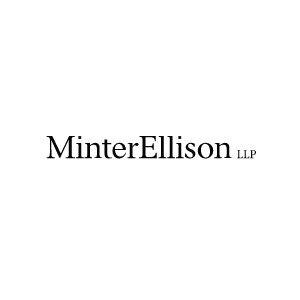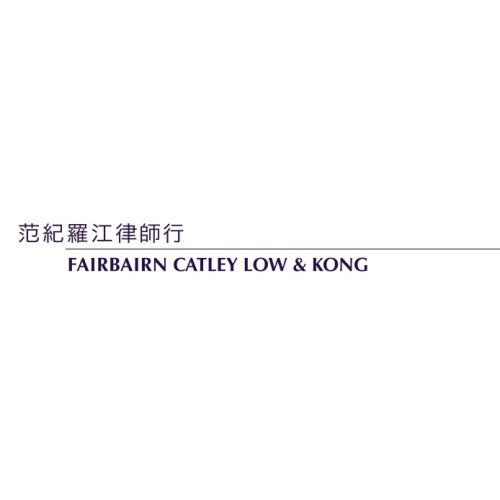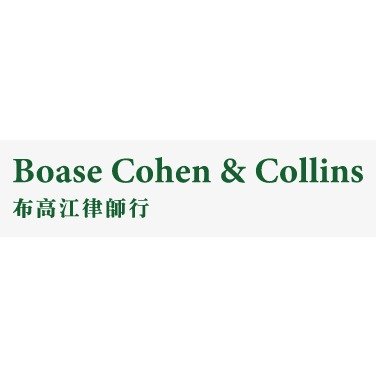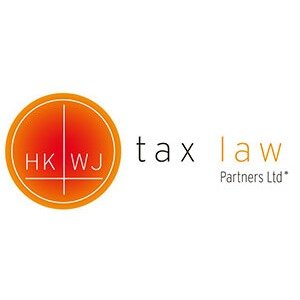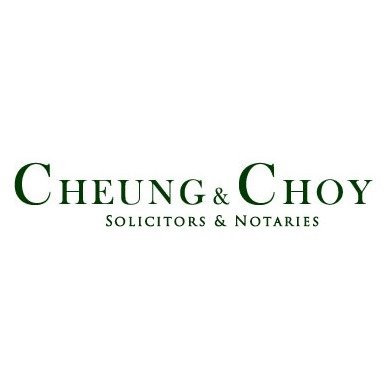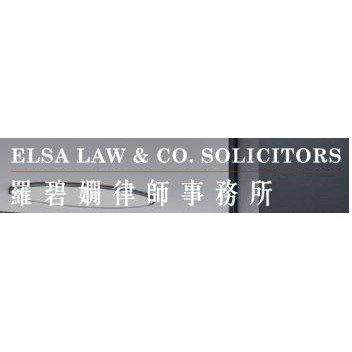Best Financial Services Regulation Lawyers in Wanchai
Share your needs with us, get contacted by law firms.
Free. Takes 2 min.
List of the best lawyers in Wanchai, Hong Kong
About Financial Services Regulation Law in Wanchai, Hong Kong
Financial Services Regulation in Wanchai, a major business district in Hong Kong, is primarily governed by a regulatory framework designed to ensure stability, protect investors, and maintain market confidence. Various regulatory bodies oversee the sector, including the Hong Kong Monetary Authority (HKMA), the Securities and Futures Commission (SFC), and the Insurance Authority (IA). These regulatory bodies enforce laws and guidelines related to banking, securities, and insurance services to maintain a robust and fair financial system. Due to its status as an international financial hub, Hong Kong’s financial regulations are pivotal in adhering to international standards while catering to local economic activities.
Why You May Need a Lawyer
There are several scenarios where individuals and businesses might seek legal assistance in Financial Services Regulation. Common situations include:
- Navigating complex compliance requirements for banking, securities, or insurance firms.
- Responding to investigations or audits conducted by regulatory agencies.
- Seeking legal representation in case of allegations or charges related to financial misconduct.
- Drafting and reviewing contracts related to financial transactions or services.
- Understanding the implications of new regulations or amendments to existing laws.
- Resolving disputes with clients, partners, or regulatory bodies.
Local Laws Overview
Understanding the local laws in Wanchai related to Financial Services Regulation is crucial for compliance and legal security. Key aspects include:
- Banking Ordinance: Regulates the business of taking deposits in Hong Kong, overseen by the HKMA.
- The Securities and Futures Ordinance (SFO): Governs the securities and futures market operations, supervised by the SFC.
- Insurance Companies Ordinance: Provides the regulatory framework for the insurance industry, managed by the IA.
- Anti-Money Laundering and Counter-Terrorist Financing: Mandates compliance with stringent reporting and monitoring requirements.
- Data Privacy Laws: Ensure protection of personal data in financial transactions.
Frequently Asked Questions
What is the role of the HKMA in financial regulation?
The Hong Kong Monetary Authority is responsible for maintaining monetary stability, managing the Exchange Fund, and promoting the stability and integrity of the financial system.
How does the SFC regulate the securities market?
The Securities and Futures Commission enforces regulations to ensure fair trading, administers the SFO, and licenses financial intermediaries.
When should a business engage a financial services regulation lawyer?
A business should engage a lawyer when setting up operations, during compliance audits, or facing regulatory actions or legal disputes.
What penalties can be imposed for non-compliance with financial regulations?
Penalties may include fines, sanctions, suspension of licenses, or criminal charges depending on the severity of the non-compliance.
How can I verify the credibility of a financial service provider in Hong Kong?
Check their registration and licensing status with the HKMA, SFC, or IA, and review any public records of disciplinary actions.
What are investor protection measures in Hong Kong?
Measures include compensation schemes, disclosure requirements, and regulatory oversight to protect against fraud and misrepresentation.
Are there any recent changes in Hong Kong’s financial services regulations?
Regulations are constantly evolving. It is advisable to consult the websites of HKMA, SFC, or IA or seek professional advice for recent changes.
What is the process of resolving a dispute with a financial institution?
Disputes can be resolved through negotiation, mediation, and, if necessary, legal action in the courts or arbitration.
How are international financial practices integrated into Hong Kong’s regulations?
Hong Kong integrates international practices by aligning its regulations with global standards set by organizations like the Financial Stability Board and the Basel Committee.
Can foreign financial institutions operate in Hong Kong?
Yes, but they must adhere to local regulations, which may involve obtaining relevant licenses and establishing a local presence.
Additional Resources
For those seeking more information or assistance regarding Financial Services Regulation in Wanchai, the following resources can be helpful:
- Hong Kong Monetary Authority (HKMA): The central banking authority handling monetary policy and banking regulation.
- Securities and Futures Commission (SFC): Oversees securities and futures markets in Hong Kong.
- Insurance Authority (IA): Regulates the insurance industry and ensures policyholder protection.
- Hong Kong International Arbitration Centre (HKIAC): Provides services for resolving financial disputes through arbitration.
- Companies Registry: Manages company formation and registration for businesses in Hong Kong.
Next Steps
If you need legal assistance in the field of Financial Services Regulation, consider taking the following steps:
- Identify Your Needs: Understand the specific legal issues or compliance challenges you are facing.
- Research and Contact a Lawyer: Look for lawyers or firms specializing in financial services regulation with credible experience and references.
- Schedule a Consultation: Arrange a meeting to discuss your situation, understand your legal options, and formulate a strategy.
- Collect Documentation: Gather all relevant documents and records that could be useful during legal consultations and proceedings.
- Stay Informed: Keep abreast of developments in financial regulations to anticipate any changes that might affect your operations.
Lawzana helps you find the best lawyers and law firms in Wanchai through a curated and pre-screened list of qualified legal professionals. Our platform offers rankings and detailed profiles of attorneys and law firms, allowing you to compare based on practice areas, including Financial Services Regulation, experience, and client feedback.
Each profile includes a description of the firm's areas of practice, client reviews, team members and partners, year of establishment, spoken languages, office locations, contact information, social media presence, and any published articles or resources. Most firms on our platform speak English and are experienced in both local and international legal matters.
Get a quote from top-rated law firms in Wanchai, Hong Kong — quickly, securely, and without unnecessary hassle.
Disclaimer:
The information provided on this page is for general informational purposes only and does not constitute legal advice. While we strive to ensure the accuracy and relevance of the content, legal information may change over time, and interpretations of the law can vary. You should always consult with a qualified legal professional for advice specific to your situation.
We disclaim all liability for actions taken or not taken based on the content of this page. If you believe any information is incorrect or outdated, please contact us, and we will review and update it where appropriate.



